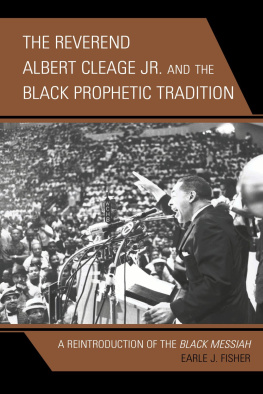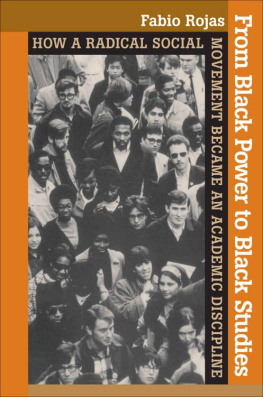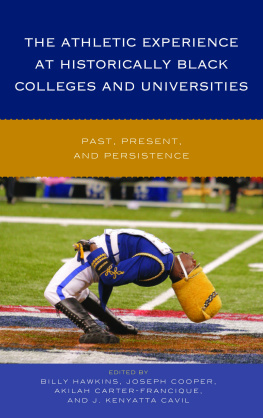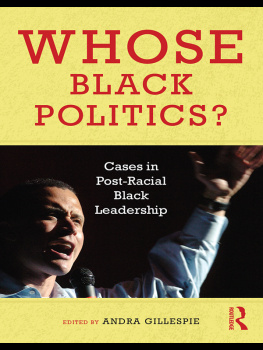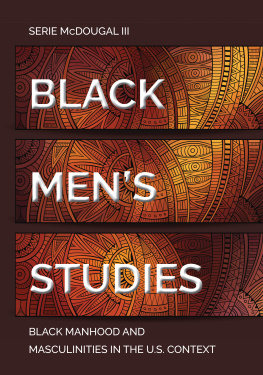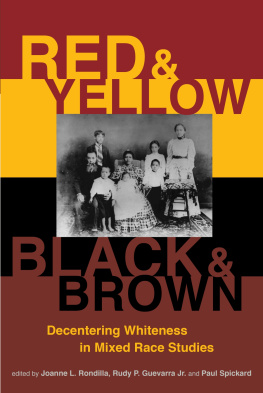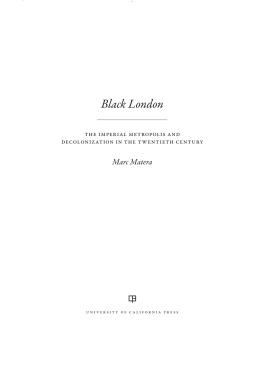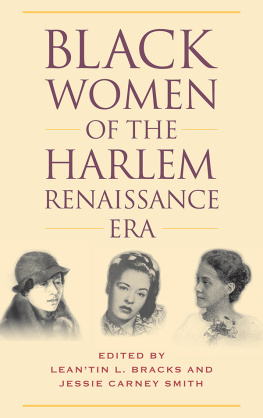Clovis E. Semmes - The End of Black Studies: Conceptual, Theoretical, and Empirical Concerns
Here you can read online Clovis E. Semmes - The End of Black Studies: Conceptual, Theoretical, and Empirical Concerns full text of the book (entire story) in english for free. Download pdf and epub, get meaning, cover and reviews about this ebook. year: 2016, publisher: Taylor & Francis, genre: Politics. Description of the work, (preface) as well as reviews are available. Best literature library LitArk.com created for fans of good reading and offers a wide selection of genres:
Romance novel
Science fiction
Adventure
Detective
Science
History
Home and family
Prose
Art
Politics
Computer
Non-fiction
Religion
Business
Children
Humor
Choose a favorite category and find really read worthwhile books. Enjoy immersion in the world of imagination, feel the emotions of the characters or learn something new for yourself, make an fascinating discovery.

- Book:The End of Black Studies: Conceptual, Theoretical, and Empirical Concerns
- Author:
- Publisher:Taylor & Francis
- Genre:
- Year:2016
- Rating:5 / 5
- Favourites:Add to favourites
- Your mark:
The End of Black Studies: Conceptual, Theoretical, and Empirical Concerns: summary, description and annotation
We offer to read an annotation, description, summary or preface (depends on what the author of the book "The End of Black Studies: Conceptual, Theoretical, and Empirical Concerns" wrote himself). If you haven't found the necessary information about the book — write in the comments, we will try to find it.
Following a history of racial oppression and segregation, Black Americans were able to move in greater numbers into previously all- or predominantly-White colleges and universities. However, they encountered normative structures that excluded or distorted the Black experience and denied Black perspectives. As a result, Black studies grew up reconstructing the humanity of a historically oppressed, devalued, and exploited group. Knowledge production in Black studies offers distinct insights into the strength and resiliency of the human spirit and poses exemplary models for enlightened social change.
This book examines the foundational parameters and historical mission of the field of African-American Studies, which emerged from a broad-based Black intellectual tradition defined by the metaproblem of cultural hegemony. Semmes seeks to broaden our thinking about the scope and content of Black studies. The End of Black Studies identifies Afrocentric or Black-centered approaches to knowledge production that are distinctly different from, yet inclusive of, a historiographical emphasis on ancient Egypt, but alternative to the claim of a singular African worldview.
This book will appeal to students and scholars interested in the field of Black Studies, including African American studies, Africana studies, Africology, and Pan-African studies. It will be a source of critical discussion for graduate seminars examining theory building and/or knowledge production (research and writing) in Black studies.
The End of Black Studies has received the 2017 Outstanding Book Award from the National Council for Black Studies. Read the Introduction for free online using our eBook widget
Clovis E. Semmes: author's other books
Who wrote The End of Black Studies: Conceptual, Theoretical, and Empirical Concerns? Find out the surname, the name of the author of the book and a list of all author's works by series.

